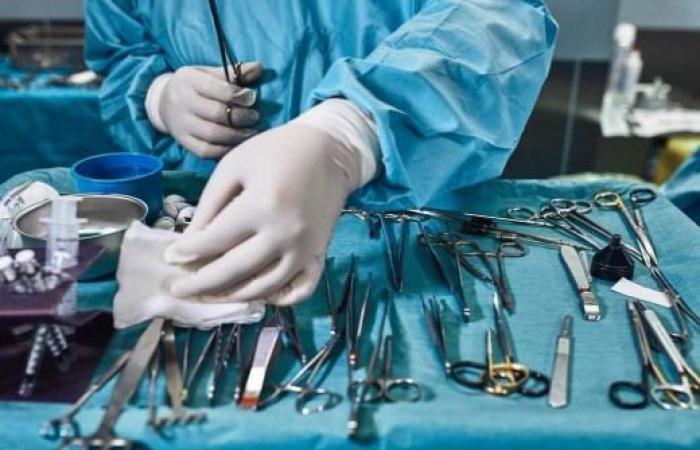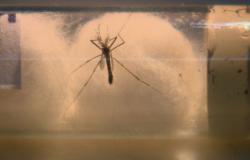Viruses, fungi, bacteria. These microorganisms, which coexist with human beings everywhere, can cause great tragedies if they are not under control in hospital environments. Lack of biosafety in surgery, for example, can be fatal. In 2023, an outbreak of fungal meningitis devastated patients undergoing cosmetic procedures in Mexico, causing 12 deaths. According to a report published by the New England Journal of Medicine, in the United States, the origin of the outbreak was a needle contaminated by a fungus from the Fusarium solani family that was being used to apply anesthesia and ended up introducing the fungus to patients.
Meningitis is the inflammation of the membranes surrounding the central nervous system. It is a syndrome characterized by irritation of these membranes, whose main symptoms are headache, mental confusion and drowsiness, which can lead to coma, depending on factors such as the patient’s age, exposure and immunological status.
Read: Failures in hospitals have already caused incidents with 6,300 people in BH this year
“Meningitis can result from infections caused by bacteria, viruses and even fungi, such as Candida spp. and Cryptococcus sp., for example”, explains Giovana Carolina Bodnar, PhD in microbiology and professor of the biomedicine course at Universidade Positivo. As it is part of the normal microbial flora, the Candida fungus spreads through the blood through abdominal surgery and can cause fungal meningitis.
Bacterial or viral infections and allergic reactions
In addition to meningitis, surgeries – including plastic surgeries – may present other potential risks related to bacterial or viral infections and allergic reactions to medications or materials used during the procedure. “These procedures carry risks such as anesthetic complications, asymmetries, tissue necrosis, formation of anomalous scars and thromboembolism, which can lead to the patient’s death, depending on the severity of the situation”, warns the specialist.
Read: COVID: study maps hospital contagion in the first deaths in BH
In the case of plastic surgery, in order to minimize the risks that surgeries can bring, Giovana emphasizes that it is crucial that the patient chooses an office or clinic that adopts strict biosafety measures, with qualified professionals and reliable healthcare facilities.
“In aesthetic procedures, it is essential that adequate asepsis occurs for the patient and healthcare professionals, the sterilization of instruments, the use of disposable materials and personal protective equipment”, he details. Furthermore, she reinforces that it is essential that the patient is aware of all the risks involved and seeks appropriate guidance, from qualified and qualified professionals, before undergoing any type of surgical intervention.
Read: CTNBio approves biosafety of dengue vaccine
The number of aesthetic procedures has seen a significant increase in recent years, especially in Brazil, second in the 2022 ranking, with more than three million registrations, behind only the United States. However, taking into account only surgical procedures, Brazilians topped the list, with more than two million plastic surgeries performed per year. The data is from the International Society of Aesthetic Plastic Surgery (ISAPS).






